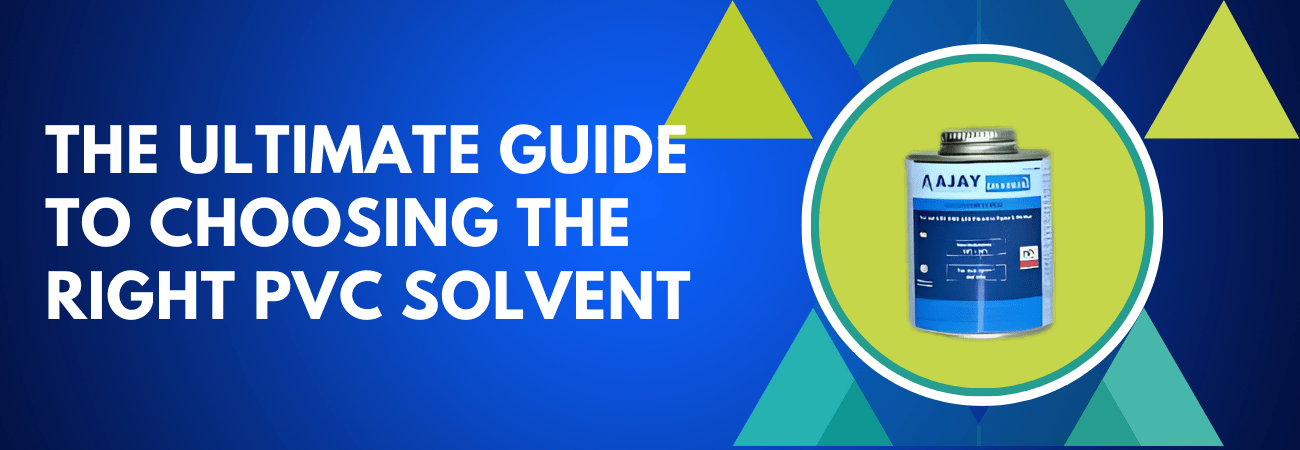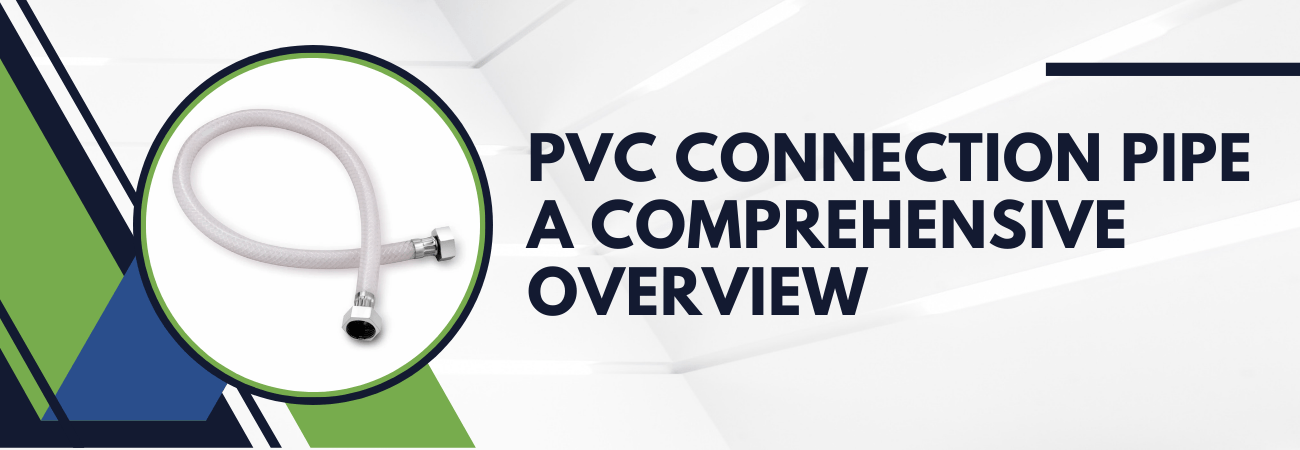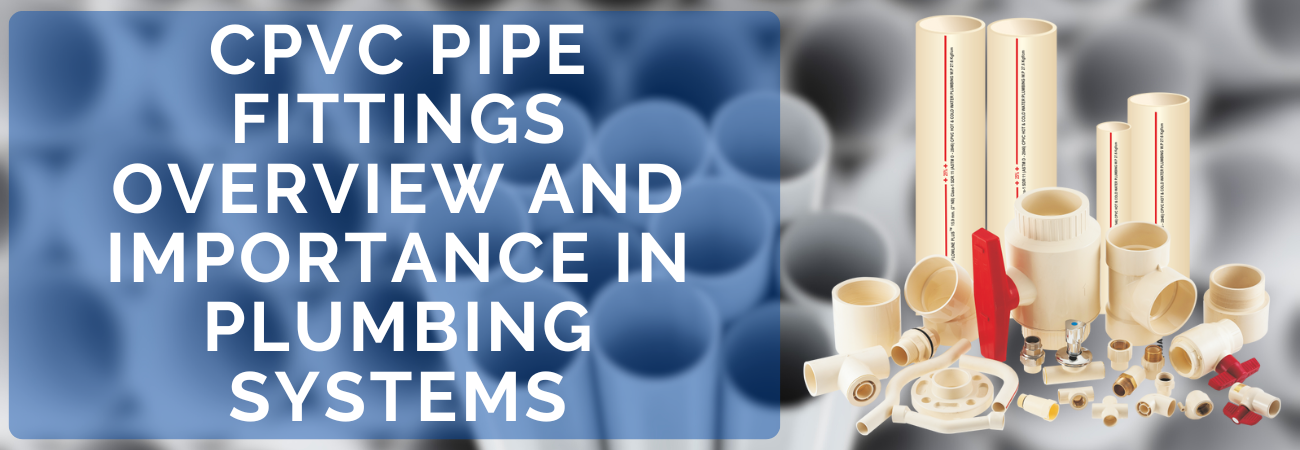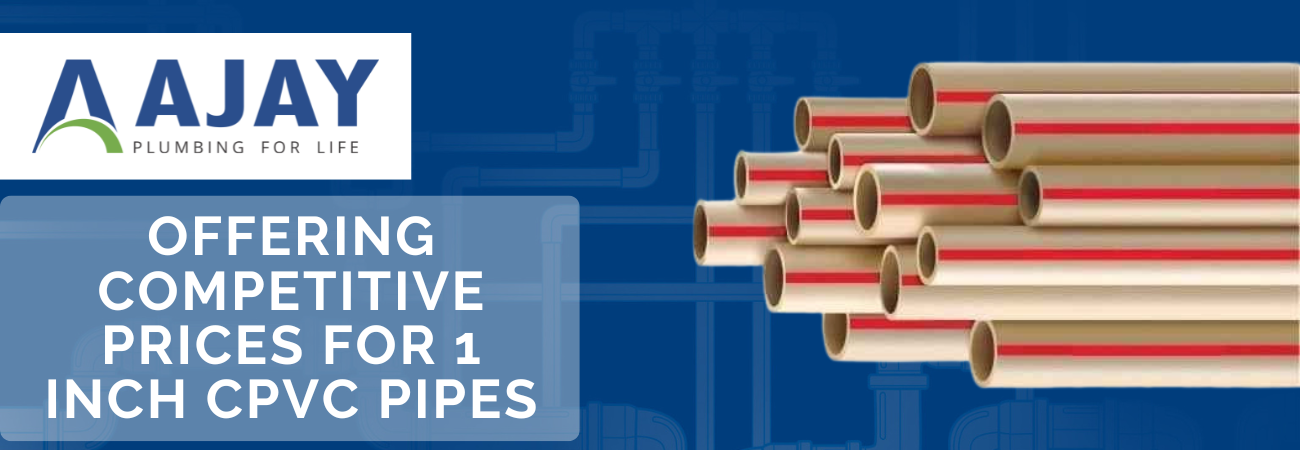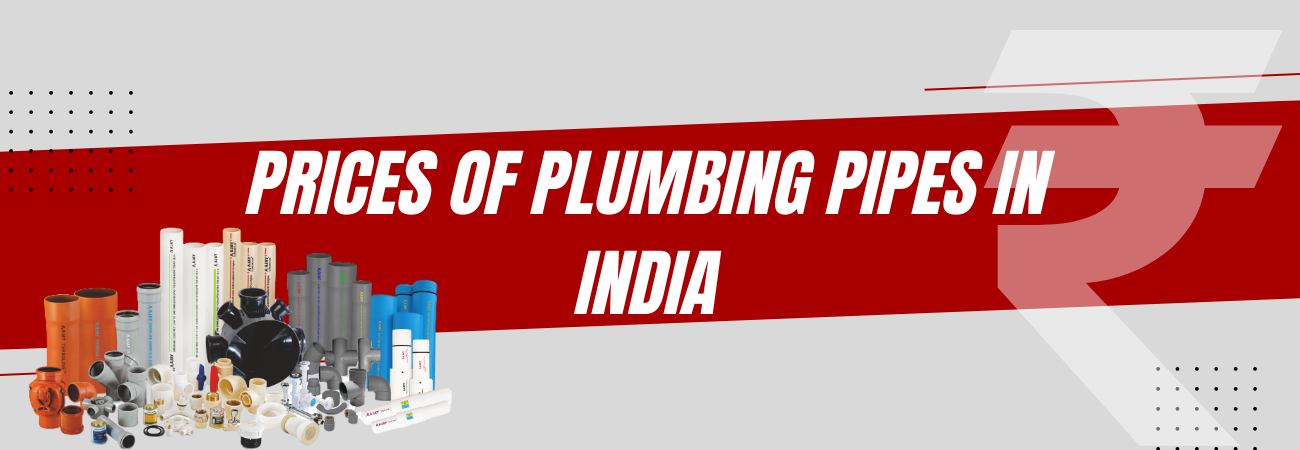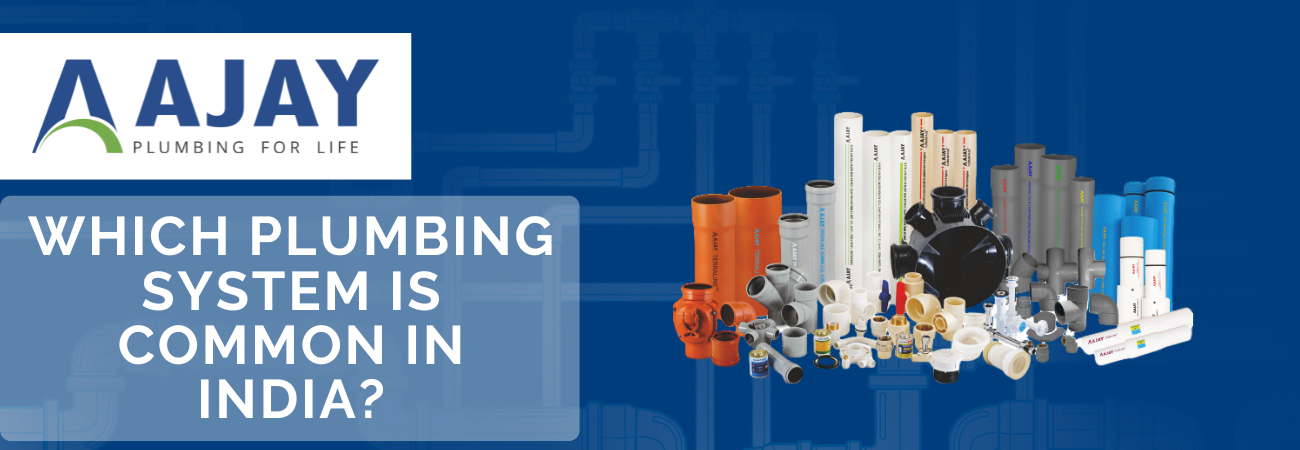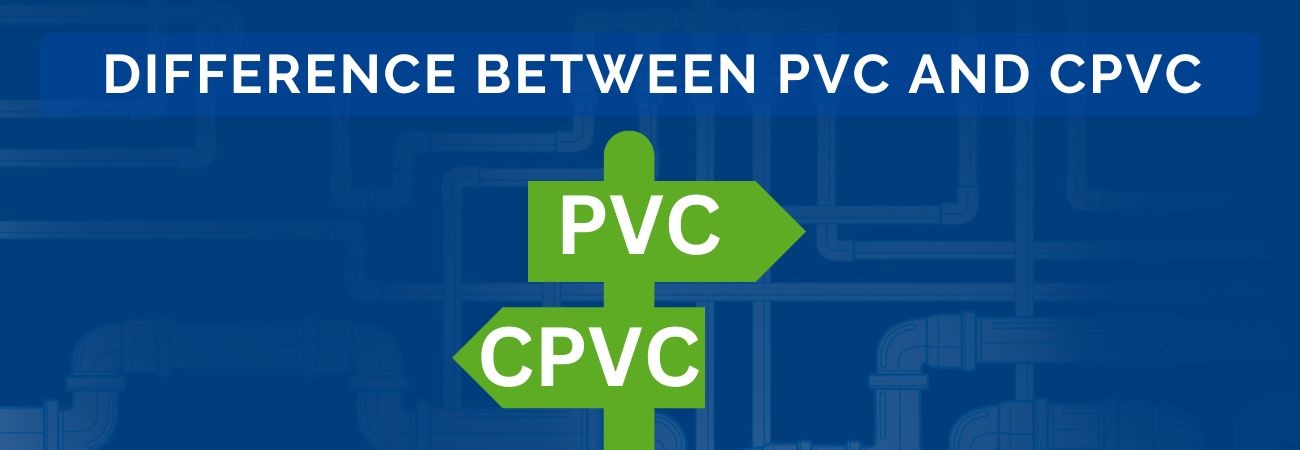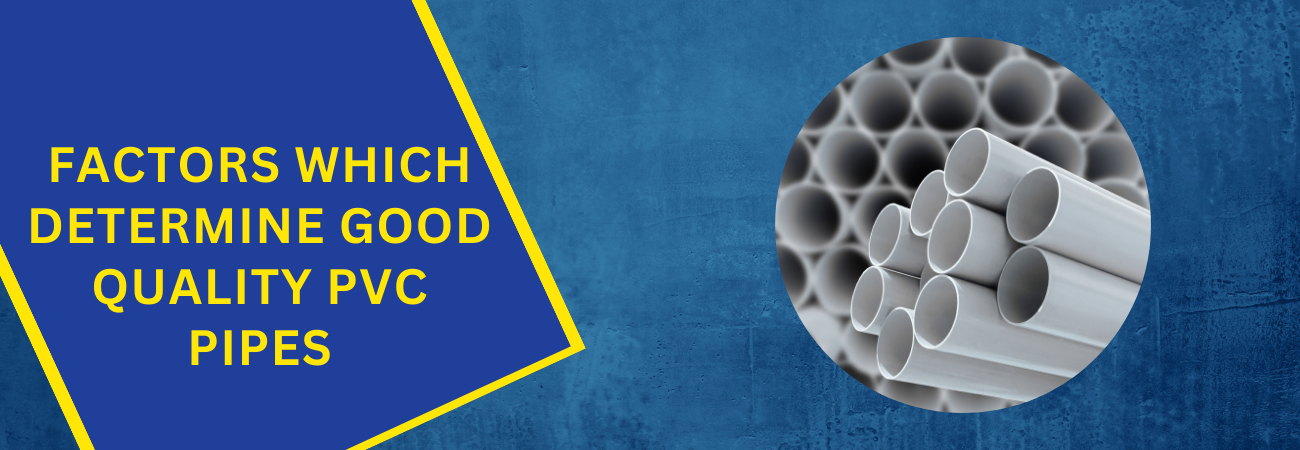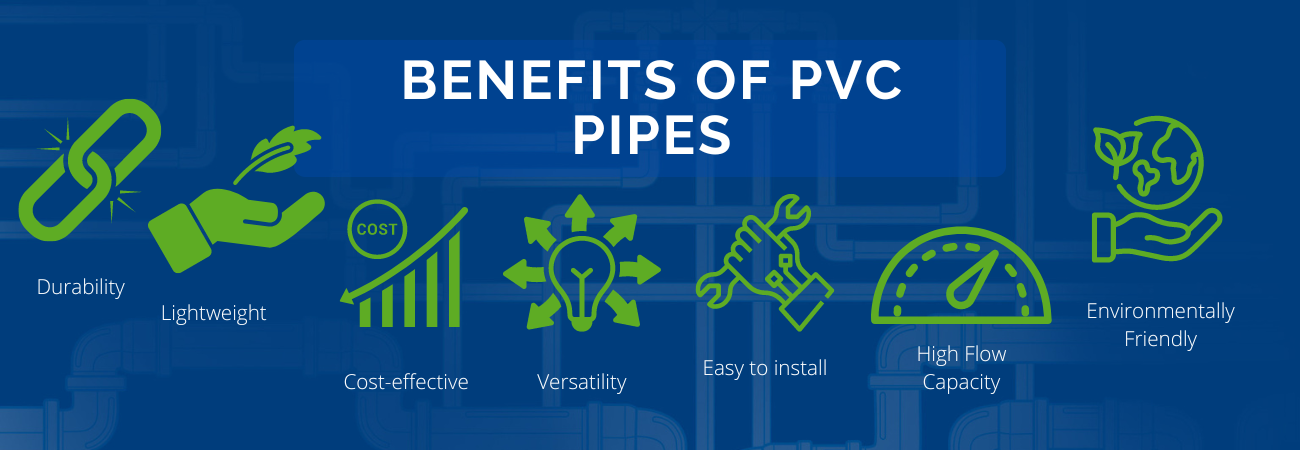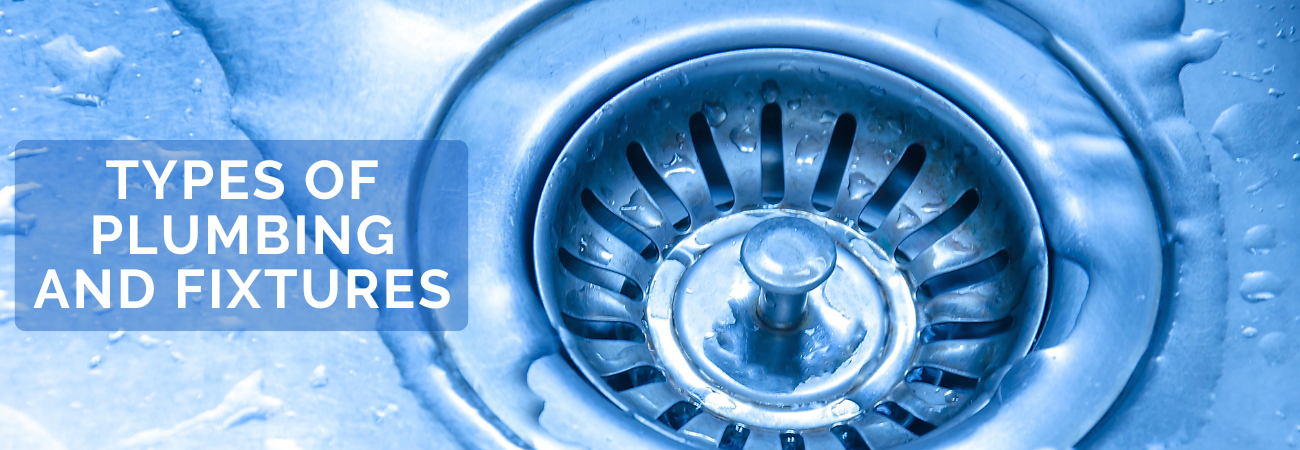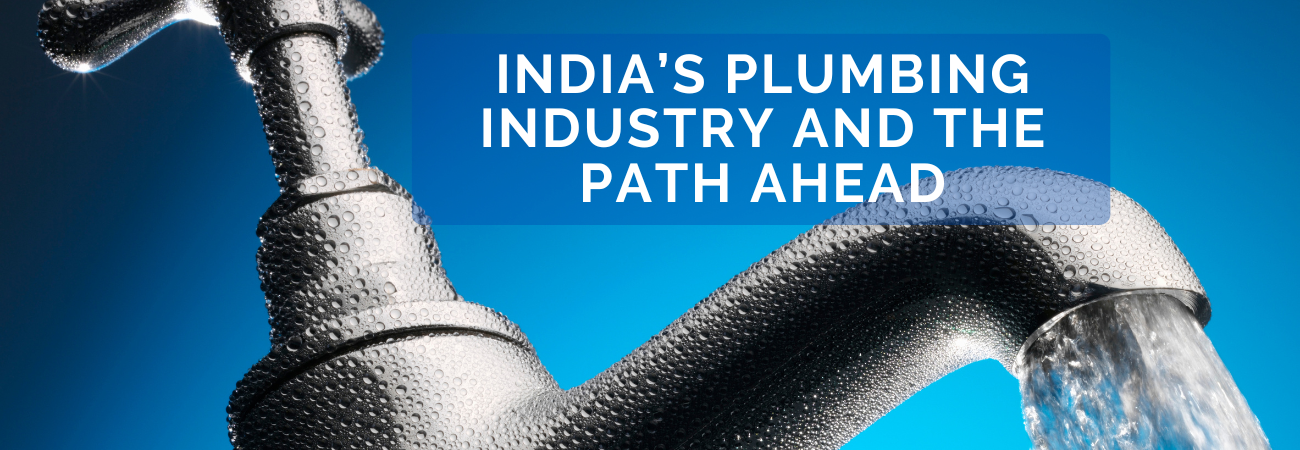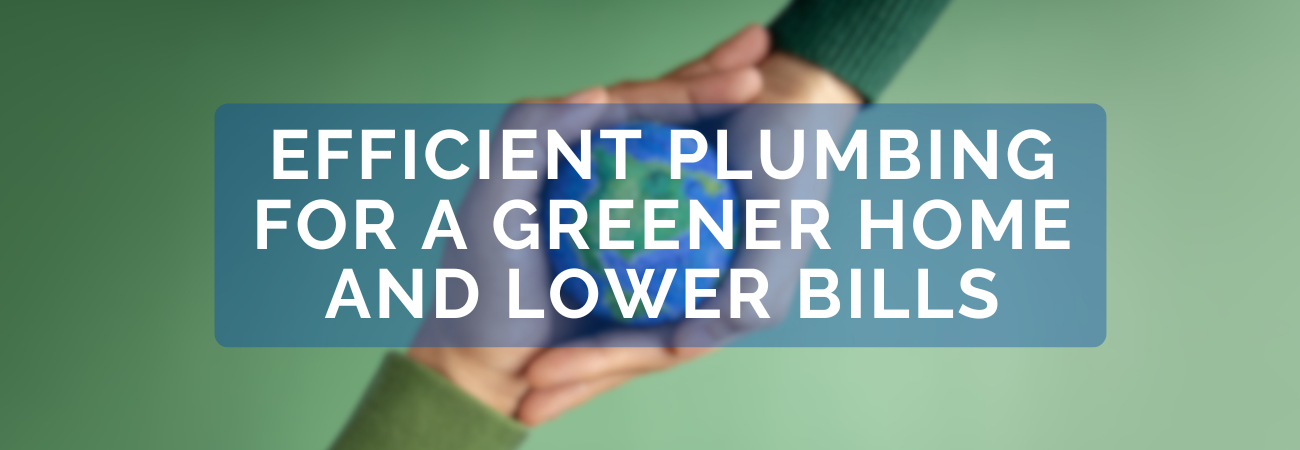Introduction
PVC solvent plays a crucial role in ensuring durable and leak-proof connections in plumbing and construction. Whether you’re a DIY enthusiast or a professional plumber, understanding how to use PVC solvents, also known as solvent cement, is essential. In this guide, we will explore everything you need to know about PVC solvent and its uses in PVC pipe fitting, offering tips for successful applications.
What is PVC Solvent?
PVC solvent is a chemical adhesive that creates strong bonds between PVC pipes and fittings. When applied, it softens the surface of the PVC material, allowing it to fuse together to form a seamless connection. This fusion ensures that there are no gaps, making the joint more secure and long-lasting. PVC solvents glue is widely used in residential, commercial, and industrial piping systems because of its reliability.
Why is PVC Solvent Cement Essential for PVC Pipe Fittings?
Using PVC solvent cement is the most effective method for joining PVC pipe fittings. It offers several benefits over mechanical fastening methods such as clamps or threaded joints. Here are a few reasons why:
- Durability: Once the PVC pipes are bonded using solvents cement, the joint becomes as strong as the pipe itself, reducing the risk of breakage or leaks.
- Leak-Proof Connections: The chemical bonding creates a watertight seal, ensuring there is no leakage at the joints.
- Cost-Effective: PVC solvent cement is relatively inexpensive compared to other types of adhesives or fasteners, making it an economical choice.
Easy Application: Applying solvent cement is a quick and straightforward process that doesn’t require specialized equipment.
Types of PVC Solvent Glue for Different Applications
There are various types of solvent glue available in the market, each suited for different applications and conditions. Here are the most common types:
- Regular PVC Solvents Cement: This type is ideal for general-purpose plumbing, commonly used in residential piping systems for water supply and drainage.
- Heavy-Duty Solvent Cement: Specifically formulated for high-pressure applications, this variant is suitable for commercial or industrial use.
Fast-Set PVC Solvent Cement: For quick repairs or installations, fast-set solvents glue ensures rapid bonding, reducing downtime.
How to Use PVC Solvent Glue for PVC Pipe Fittings
To achieve a strong and reliable joint, proper application of PVC solvents glue is essential. Follow these steps for a perfect PVC pipe fitting:
- Prepare the Surface: Clean both the pipe and fitting surfaces thoroughly to remove dust, dirt, or moisture. A cleaner or primer can be used for better adhesion.
- Apply Primer: Although optional, using a primer helps soften the PVC surface even further, making the solvent cement more effective.
- Apply Solvents Cement: Coat both the pipe and fitting with a generous amount of PVC solvents glue. Make sure the coating is even to avoid gaps.
- Join the Pieces: Quickly push the pipe into the fitting and give it a quarter turn to distribute the solvent evenly. Hold the joint in place for a few seconds to ensure a firm bond.
Curing Time: Allow the joint to cure for at least 15 minutes for a low-pressure application, or 24 hours for high-pressure systems before testing.
Tips for Effective Use of Solvent Cement
- Work in a Well-Ventilated Area: PVC solvents glue contains strong chemicals that can release fumes, so it’s important to work in a space with proper ventilation.
- Choose the Right Type of Solvent Cement: Always select the appropriate PVC solvents glue based on your project requirements. Heavy-duty cement is ideal for industrial applications, while regular solvent cement suffices for residential use.
- Check Compatibility: Ensure that the PVC solvents glue you are using is compatible with the type of PVC pipe and fitting you are working with.
- Avoid Excess Glue: Applying too much solvent cement can result in weak joints, as the excess glue may not dry properly. Use just enough to coat the surface evenly.
Common Mistakes to Avoid When Using PVC Solvent
Using PVC solvent cement may seem simple, but there are a few common mistakes that could affect the quality of the bond. Here are things to avoid:
- Skipping the Primer: Although some may skip using a primer, it’s essential to use it for better bonding in certain high-pressure or critical applications.
- Not Cleaning the Surface: Dirt or grease on the pipe can prevent proper bonding, leading to weak joints or leaks.
- Waiting Too Long to Join the Pieces: PVC solvent glue dries quickly, so you need to join the pipe and fitting immediately after applying the glue.
- Improper Curing: Be patient and allow the joint to cure fully before testing it under pressure.
For any queries, contact the plumbing experts at Ajay pipes on the Toll Free No. : 1800-11-4050 or via email at our email address info@ajaypipes.com

